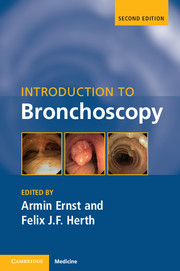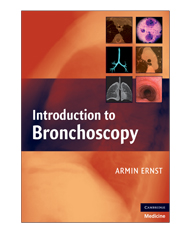Flexible bronchoscopy in many ways defines the procedural component of pulmonary medicine. Unfortunately, in many fellowship programs, little attention is directed toward a structured educational effort to attain the necessary skills to become a solid endoscopist. Often a “see one, do one, teach one” approach is taken, which does not lend itself to educating bronchoscopists in the best possible environment and frequently leaves little time to discuss components of the procedure at hand. Additionally, it is difficult to teach more advanced, less common procedures in this setting.
The specifics of particular procedures are rarely a matter of discussion, and neither is the maintenance of bronchoscopes. Even though pulmonologists are frequently in charge of or medically direct bronchoscopy units, the lack of this knowledge puts the new trainee in a difficult position.
It should also not come as a surprise that even basic minimally invasive procedures such as transbronchial needle aspiration are performed by only a minority of pulmonologists – reflecting the aforementioned significant shortcomings in procedural education.
In 2000, we introduced a standardized introduction to bronchoscopy for all pulmonary medicine trainees of the Harvard Medical School–associated teaching hospitals. It included a half-day of lectures, followed by hands-on training in basic techniques as well as simulation practice. It was enthusiastically embraced and quickly expanded to include Fellows from many training programs around New England.

